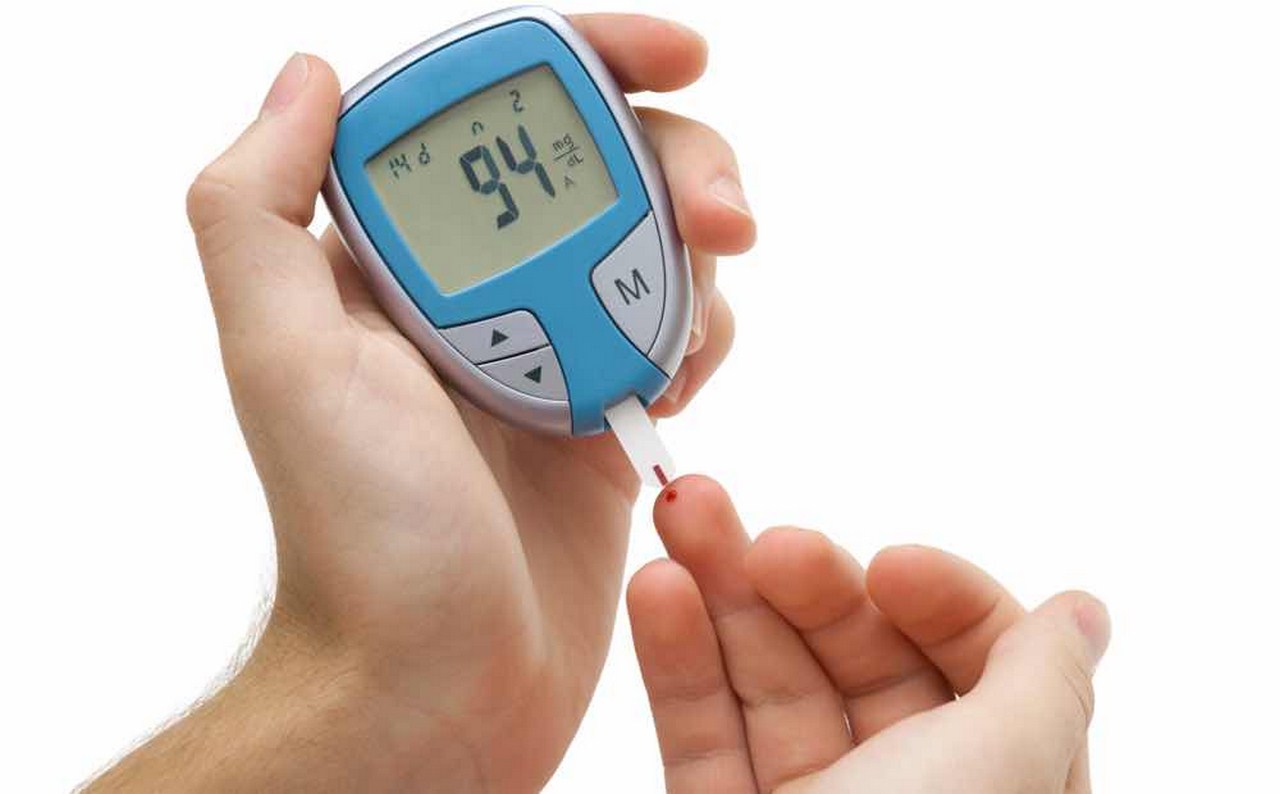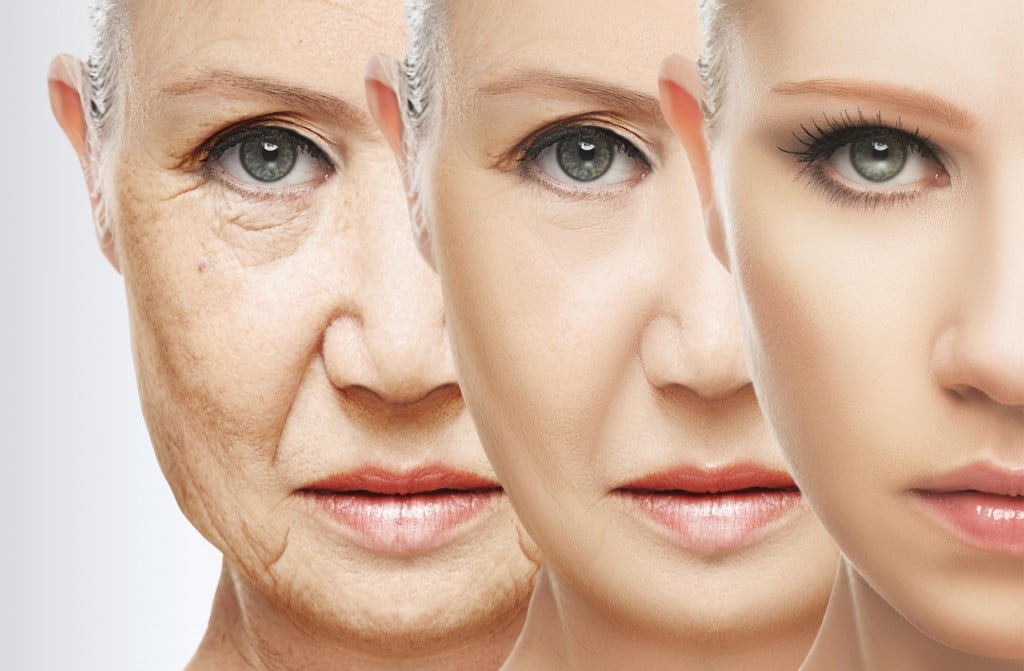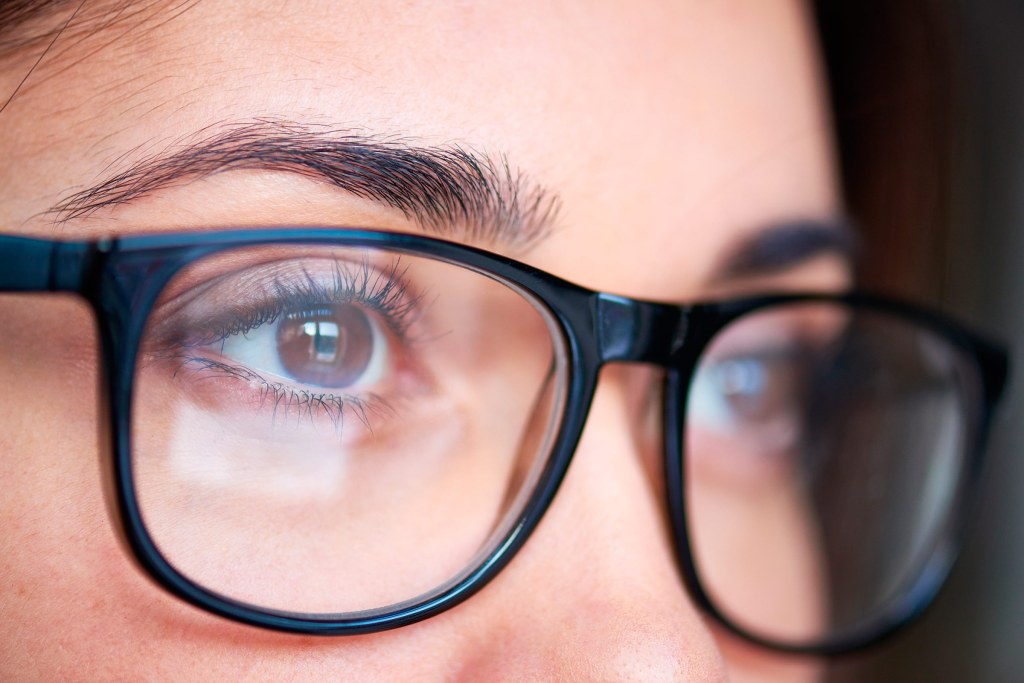Today, we will discuss what is ketogenic diet and what are its main benefits.
Ketogenic Diet

The keto diet is a low or zero carbohydrate diet, but it differs from other low-carb diets (such as Paleo) in that it deliberately manipulates the ratios of carbs, fats, and protein to switch fat into the body’s primary source of fuel. Our bodies are used to using carbohydrates as fuel. Fats, which is a secondary source of fuel, are rarely tapped on. That means the extra fat is stored and keeps adding on the pounds.
The only ways to reduce fat in a ‘normal’ diet are to consume less fat and work out a lot in order to increase energy expenditure over daily calories intake, which is why most people fail to lose weight on a conventional diet.
The manipulation of carbs, fats, and protein is crucial in order to get into ketosis. It’s a state when the body, deprived of the usual carbohydrates and sugar, is forced to use fat as its primary fuel. The ratio of fats and protein are significantly higher than carbs in general.
Of course, consuming fewer carbs also means lowering the amount of insulin in your body. Less insulin; Less glucose and fat storage. That is why the keto diet has been so successful in helping people with diabetes. It adjusts the sugar level naturally
The ratio of carbs, fat, and protein can vary. Many people allow themselves up to 50 grams of carbohydrates a day and still lose weight. On a stricter regime, the carb intake can be between 15 and 20 grams daily. The fewer carbs, the quicker the weight loss, but the diet is very flexible.
Benefits of Keto Diet
Although the ketogenic diet is popularly known as a ‘rapid fat loss diet’, it is actually more to this than meets the eye. In fact, weight loss and higher levels of energy are only by-products of the keto diet, a kind of bonus. It has been scientifically proven that the keto diet has many additional medical benefits.
Let’s begin by stating that a high carbohydrate diet, with its many processed ingredients and sugars, has absolutely no health benefits. These are merely empty calories, and most processed foods ultimately serve only to rob your body of the nutrients it needs to remain healthy. Here is a list of actual benefits for lowering your carbohydrates and eating fats that convert to energy:
Control of Blood Sugar

Keeping blood sugar at a low level is critical to manage and prevent diabetes. The keto diet has been proven to be extremely effective in preventing diabetes.
Many people suffering from diabetes are also overweight. That makes an easy weight-loss regime a natural. But the keto diet does more. Carbohydrates get converted to sugar, which for diabetics can result in a sugar spike. A diet low in carbohydrates prevents these spikes and allows more control over blood sugar levels
Increased Energy

It’s not unusual, and has become almost normal, to feel tired and drained at the end of the day as a result of a poor, carbohydrate-laden diet. Fat is a more efficient source of energy, leaving you feeling more vitalized than you would on a “sugar” rush.
Acne

While most of the benefits of a keto diet are well-documented, one benefit catches some people by surprise: better skin and less acne. Acne is fairly common. Ninety percent of teens suffer from it, and many adults do, as well.
While it was always thought that acne was at least exacerbated by poor diet, controlled research is still being conducted. However, many people on the keto diet have reported clearer skin. There may be a logical reason. A 1972 study found that high levels of insulin can cause the eruption of acne. Since a keto diet keeps insulin at a low and healthy level, it may very well affect skin health.
In addition, acne thrives on inflammation. The ketogenic diet eases and reduces inflammation, thus enabling the body to decrease acne eruptions. Fatty acids, which are found in abundance in fish, are a known anti-inflammatory.
While research is still being done, it seems likely that a keto diet has beneficial effects for clearer, healthier, more glowing skin.
Keto and Anti-Aging

Many diseases are a natural result of the aging process. While there have not been studies done on humans, studies on mice have shown brain cell improvement on a keto diet.
Several studies have shown a positive effect of the keto diet on patients with Alzheimer’s disease. What we do know is that a diet filled with good nutrients and antioxidants, low in sugar, high in protein and healthy fats, while low in carbohydrates, enhances our overall health. It protects us from the toxins of a poor diet
There is also research indicating that using fatty acids for fuel instead of sugar may slow down the aging process, possibly because of the negative effects that sugar has on our overall wellbeing.
In addition, the simple act of eating less and consuming fewer calories is a matter of basic health, as it prevents obesity and its inherent side effects.
So far, studies have been limited. However, considering the powerful positive effects of the ketogenic diet on our health, it is logical to assume this diet will help us grow older in a more natural way while delaying the natural effect of aging. A normal western diet laden with sugars and processed foods is certainly detrimental to warding off the signs of aging.
Keto and Hunger

One of the major reasons diets fail is hunger. People who diet feel hungry and deprived and simply give up. A low carbohydrate diet naturally leaves people feeling full and satisfied. Less hungry means people will actually remain on the diet longer while consuming fewer calories.
Keto and Eyesight

Diabetics are aware that high blood sugar can lead to a higher risk of developing cataracts. Since the keto diet controls sugar levels, it can help retain eyesight and help prevent cataracts. This has been proven in several studies involving diabetic patients.
Keto and Autism

We know the keto diet affects brain functions. In a study on autism, it was found that it also has a positive effect on autism. Thirty autistic children were placed on the keto diet. All showed improved in autistic behavior, especially those on the milder autistic spectrum. While more studies are needed, the results were extremely positive.
Some important references you should see:
The Ketogenic Diet: A Detailed Beginner’s Guide to Keto – by – Healthline
16 Foods to Eat on a Ketogenic Diet – by – Healthline
The 3 Biggest Mistakes People Make On The Ketogenic Diet (And How To Fix Them) – by – Medium
How To Start a Keto Diet: The Ultimate Guide by Perfect Keto – by -Perfectketo



